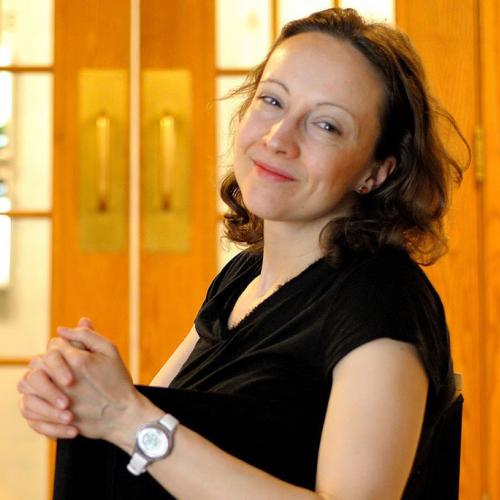Doctoral student Shadi Rezapour and Assistant Professor Jana Diesner will present a paper at The 11th IEEE International Conference on Semantic Computing (ICSC 2017), which will be held January 30 through February 1 in San Diego, California. ICSC 2017 provides an international forum for researchers and practitioners in academia and industry to present research that advances the state of semantic computing and identifies emerging research topics.
Rezapour and Diesner will present, "Identifying the Overlap between Election Result and Candidates' Ranking based on Hashtag-Enhanced, Lexicon-Based Sentiment Analysis." The paper's coauthors include Lufan Wang (Department of Civil and Environmental Engineering) and Omid Abdar (Department of Linguistics).
Abstract: The popularity and availability of Twitter as a service and a data source have fueled the interest in sentiment analysis. Previous research has shed light on the challenges that contextualizing effects and linguistic complexities pose for the accurate sentiment classification of tweets. We test the effect of adding manually-annotated, corpus-based hashtags to a sentiment lexicon; finding that this step in combination with negation detection increases prediction accuracy by about 7%. We then use our enhanced model to identify and rank the candidates of the Republican and Democratic Party of the 2016 New York primary election by the decreasing ratio of tweets that mentioned these individuals and had positive valence, and compare our results to the election outcome. The results show positive sentiment correlates with the candidates' favorability and can overlap with election results.
Rezapour is a second year PhD student studying with Diesner. She is conducting research on topics related to natural language processing and information retrieval.
Diesner joined the iSchool faculty in 2012 and is a 2016 Dori J. Maynard Senior Fellow. Her research in social computing combines theories and methods from natural language processing, social network analysis, and machine learning. In her lab, she and her students develop and advance computational solutions that help people to measure and understand the interplay of information and socio-technical networks. They also bring these solutions into various application context, e.g. in the domain of impact assessment.
